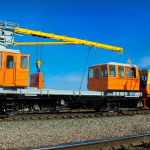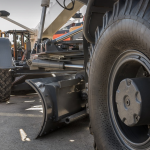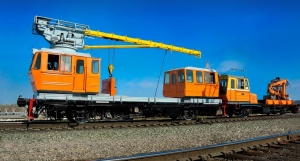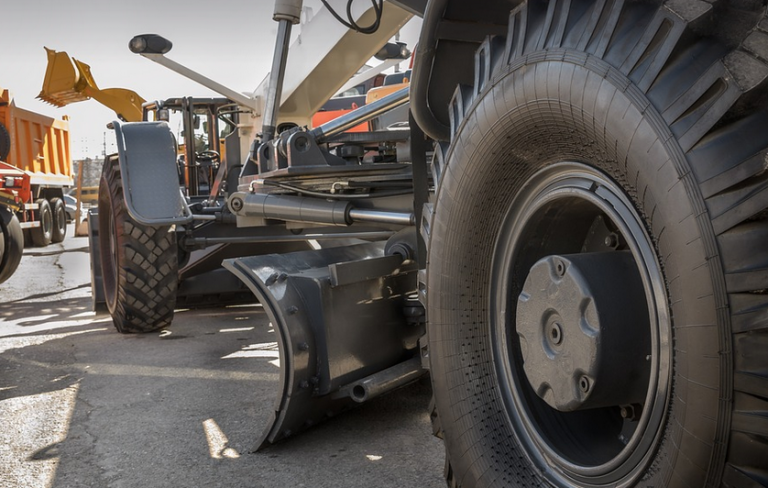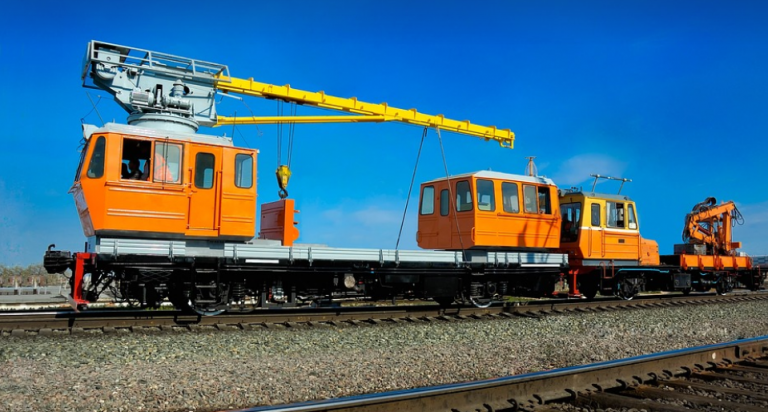Finding the Right Tool: A Guide to Choosing a Home CNC Milling Machine
Welcome to the exciting world of CNC milling, where precision and creativity meet. Having your own home shop CNC machine opens a whole new door to woodworking projects, small-scale manufacturing, and even creating custom prototypes. Choosing the right machine for your needs, however, can feel overwhelming. Don’t worry, this guide will walk you through the factors to consider and help you find the perfect fit.
The world of CNC milling machines is diverse, with options ranging from portable, affordable models to industrial-sized behemoths. But for home enthusiasts, finding a machine that blends power, affordability, and ease of use is key. It’s about striking a balance between what you need and your budget.
First things first, let’s talk about the essential considerations for choosing the best CNC milling machine for your home shop:
1. Machine Size and Capabilities
The first step is to assess your needs and project goals. What will you be machining? Small components like jewelry-making items or intricate model pieces, larger parts such as furniture components, or prototypes requiring precise measurements? Your answer dictates the machine’s size and capabilities.
For smaller projects, a compact CNC milling machine with a 30-40mm working area is sufficient. These machines are easy to move around and offer an excellent introduction to the world of CNC machining without breaking the bank. As your skills develop and project requirements become more complex, you might consider upgrading to a larger model.
For those tackling larger projects or needing higher cutting accuracy, look for machines with bigger working areas and enhanced motor power. These machines are built for precision work on wood, metal, plastics, and even advanced materials like composites. They come equipped with more powerful motors to handle heavier material and thicker cuts.
2. Budget: Balancing Your Needs and Expenses
CNC milling machines come in a wide range of prices, from affordable starter models to high-end industrial machines. The price tag can vary significantly based on size, features, materials used, and brand reputation. Setting a realistic budget is essential before diving into specific machine options.
Consider your long-term plans: Do you envision yourself pursuing more intricate projects as you hone your skills? If so, invest in a machine with a higher price tag but greater functionality. But if you’re starting with basic projects, a more affordable option might suffice to build your expertise and explore the possibilities of CNC machining.
Remember: It’s also worthwhile to factor in the cost of extras like tools, cutters, work bench upgrades, or software subscriptions. These costs can add up, so be sure you understand the full financial picture before committing to a machine.
3. Motion Control and Software
CNC milling relies on precise movements and accurate tool control. Machines with advanced motion control systems offer improved precision and repeatability, ensuring consistent accuracy in your machining operations. These machines often come equipped with pre-programmed workholding tools, enabling you to create more complex designs.
Software plays a critical role in CNC milling. It’s the ‘brain’ behind your machine, translating your design into precise instructions for the cutting tool. Select software that matches your needs and budget:
*
For beginners, user-friendly programs like Fusion 360 or Carbide Create offer intuitive interfaces and learning resources.
*
For more advanced users, robust CAD/CAM software like SolidWorks or Mastercam provide greater control over machine settings and intricate design processes.
Choosing the right combination of motion control and software is key to maximizing your CNC milling experience. It’s about achieving both precision in machining operations and seamless integration with your chosen designs.
4. Understanding Your Needs: A Personal Touch
The world of CNC milling machines is vast, offering a range of features, sizes, and capabilities. The best machine for you will ultimately depend on the specific projects you plan to tackle. As you begin exploring different options, it’s crucial to consider:
*
**Project Complexity:** Will you be working on simple designs or tackling more intricate projects?
*
**Material Selection:** Do you prefer woodworking, machining metal, or exploring plastics and composites?
*
**Precision Requirements:** What level of accuracy are you aiming for in your work?
By thoughtfully considering these factors, you’ll be able to pinpoint the machine that best suits your individual needs. Remember, choosing a CNC milling machine is not just about the tool; it’s about finding the right partner for your creative journey.
Best CNC Milling Machine Brands: A Look at Some Popular Options
As you explore your options, it’s essential to understand what brands are leading the way in home shop CNC milling machines. Here are some of the most popular and highly-rated brands:
*
**Elegoo Mars:** Offering a compact, user-friendly option for beginners. Known for its affordability, this machine is ideal for learning the basics of CNC machining.
**Shapeoko:** A popular choice for hobbyists and makers seeking precision and versatility. Shapeoko machines are known for their modular design, allowing customization to meet your specific needs.
*
**CNC4PC:** These machines combine affordability with advanced features for those wanting a step up from beginner models. They offer a balance of power and ease of use.
Research these brands and explore their respective websites or online forums to learn more about their offerings, user reviews, and community support.
Essential Tips: Getting Started with Home CNC Machining
Ready to dive into the world of home CNC machining? Here are some essential tips for getting started:
*
**Start Small:** Begin with basic projects and gradually work your way up to more complex designs. This approach helps you gain confidence and learn the intricacies of CNC machining.
**Practice Makes Perfect:** Like any skill, mastering CNC milling requires dedication and practice. Experiment with different techniques, materials, and designs to develop your skills.
*
**Community is Key: ** Engage with online communities or local makerspaces for support and guidance. Sharing experiences and learning from others can accelerate your journey.
A successful home CNC machine user builds a strong foundation of knowledge, patience, and resourcefulness, all of which will fuel their creativity and help them excel in this exciting world of precision engineering.
